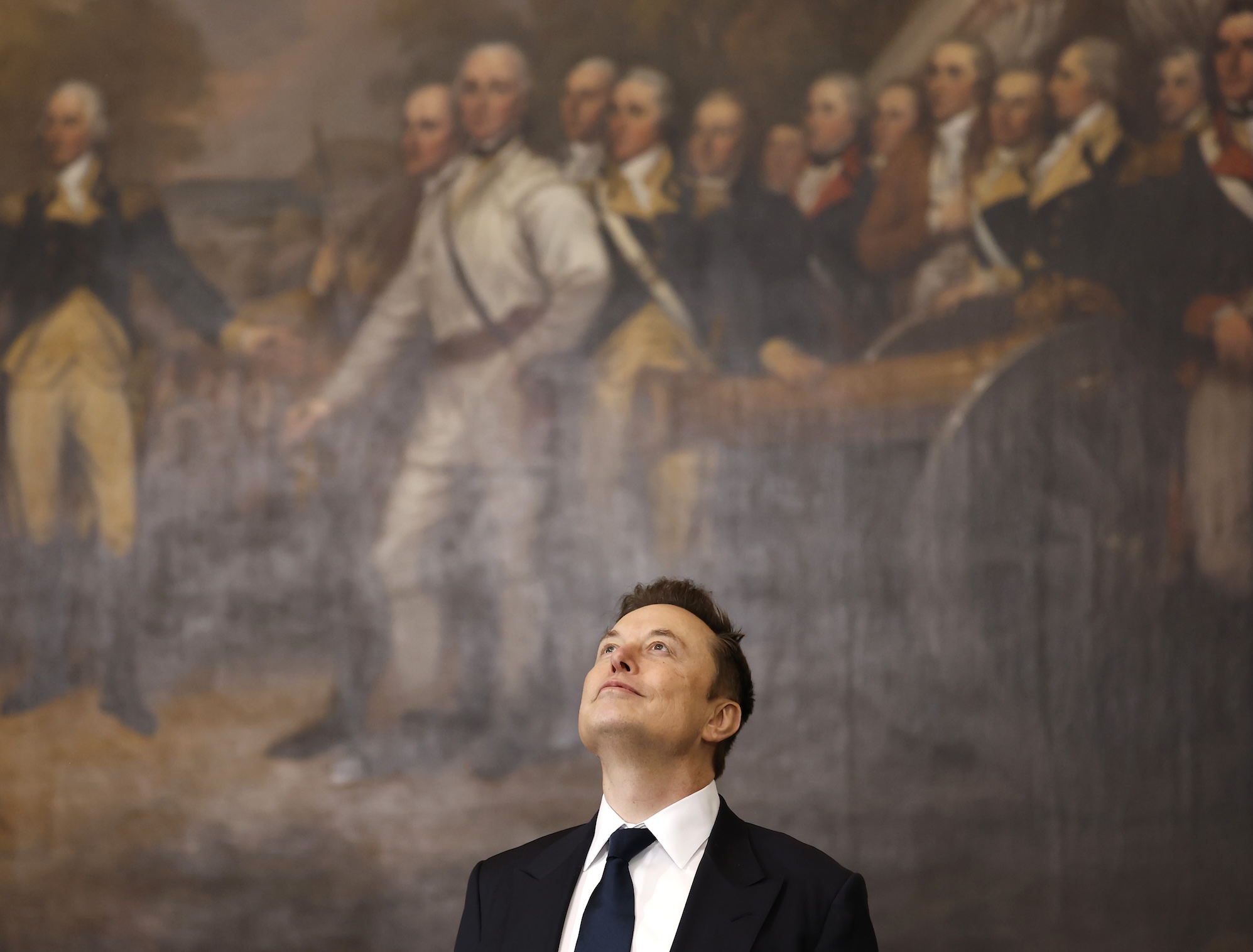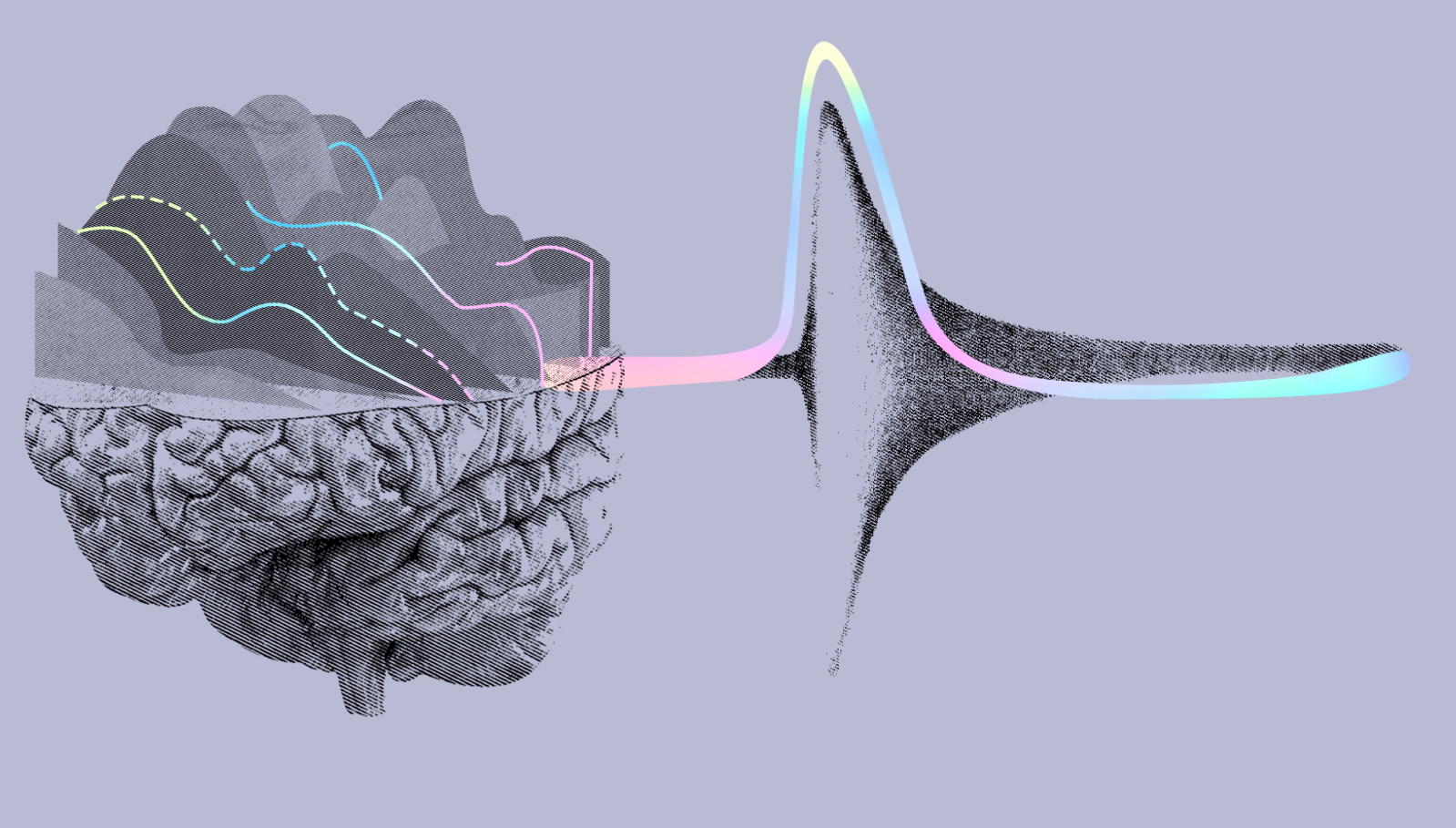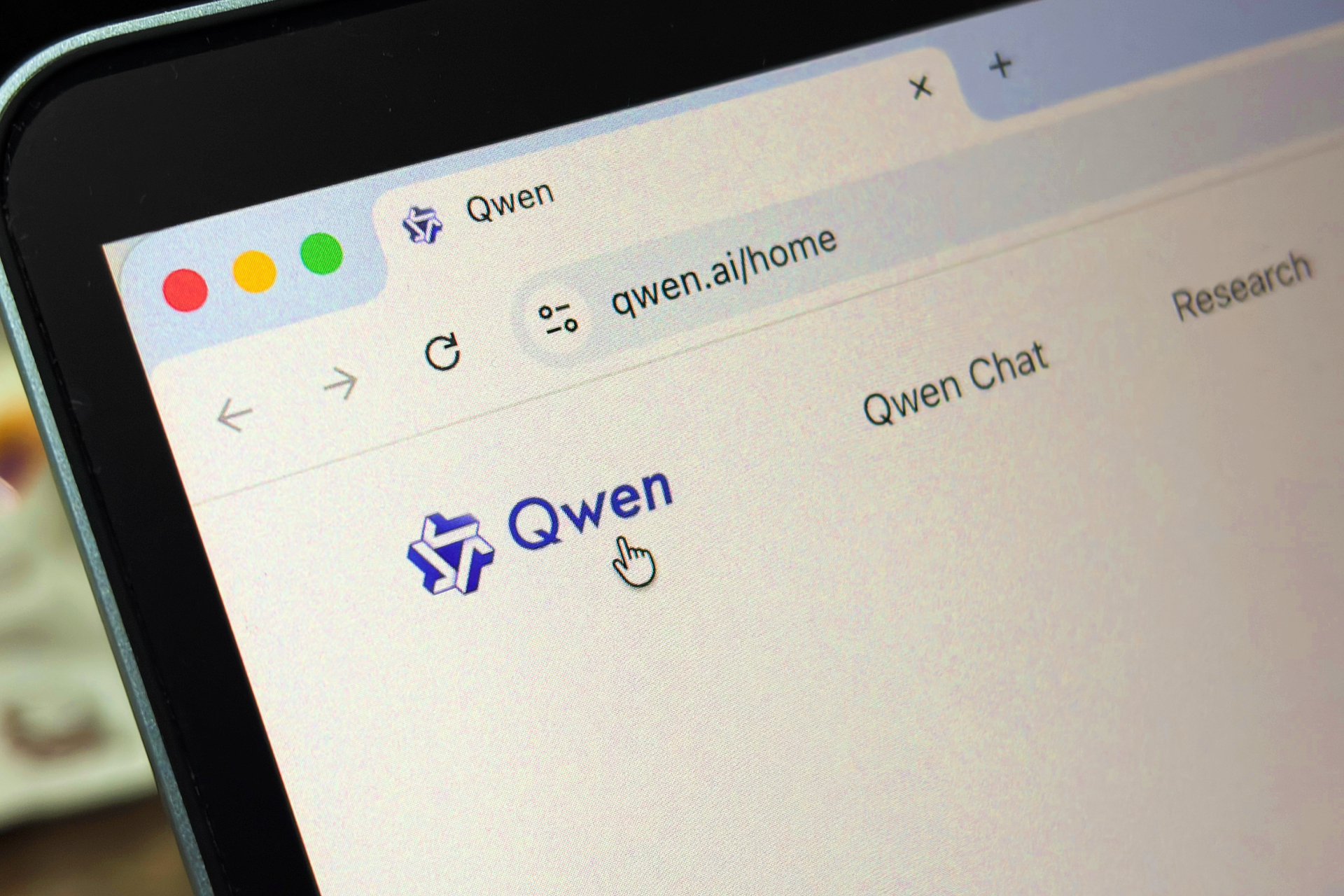
Following a significant financial milestone for Tesla, CEO Elon Musk utilized his company xAI’s nascent artificial intelligence tool, Grok Imagine, to generate and share evocative videos on his social media platform, X. These posts, appearing in the wake of shareholder approval for a contentious and massive compensation package, ignited a fervent discussion across the platform, touching upon themes of human emotion, artificial intelligence, and the perceived cultural disconnect of the world’s wealthiest individuals. The incident quickly transcended mere social media banter, drawing sharp critiques from prominent literary figures and prompting wider reflection on the evolving relationship between humanity and advanced AI.
A Weekend of AI Reflections and Reactions
The sequence of events began early on a Saturday morning, notably at 4:20 AM EST, when Musk posted a video created by Grok Imagine. The short clip depicted an animated woman on a rainy street, her synthetic voice uttering the words, "I will always love you," a phrase Musk attributed to his own prompt. This initial post, imbued with an uncanny blend of digital artistry and a profound human sentiment, immediately garnered widespread attention. Just minutes later, another Grok-generated video appeared, this time featuring a likeness of actress Sydney Sweeney, delivering the line "You are so cringe" in a distinctly artificial tone.
These posts arrived on the heels of a momentous week for Musk, as Tesla shareholders had just voted to re-approve a compensation package that, at its peak, could be valued at approximately $1 trillion. This package, initially approved in 2018 but later voided by a Delaware court, represented a significant personal and financial victory for the entrepreneur. The timing of the AI-generated content, therefore, seemed to many observers to be an unusual form of celebration or personal reflection in the glow of such a corporate triumph. The juxtaposition of a monumental financial decision with seemingly personal, AI-generated emotional content set a peculiar tone for the weekend’s online discourse.
Grok Imagine’s Debut: Capabilities and Context
Grok Imagine is the latest offering from xAI, Musk’s artificial intelligence company established in 2023 with the stated goal of "understanding the true nature of the universe." xAI’s broader mission positions it as a challenger to established AI giants like OpenAI, Google DeepMind, and Anthropic. Grok, the company’s large language model, was initially conceived as a more rebellious, less "woke" alternative to other chatbots, often characterized by its ability to access real-time information from X and its propensity for dark humor. The introduction of Grok Imagine extends these capabilities into the realm of visual media, allowing users to generate images and videos from text prompts.
The original article noted Grok Imagine’s capacity for generating "NSFW content," a feature that immediately raises questions about ethical guardrails and content moderation, particularly given the platform X’s evolving policies under Musk’s ownership. The ease with which users, including high-profile figures, can now create synthetic media carrying emotional weight or potentially controversial messages highlights a critical juncture in AI development. The technology promises unprecedented creative freedom but simultaneously introduces complex challenges related to authenticity, consent, and the potential for misuse, including the proliferation of deepfakes and misinformation.
The Digital Expression of Emotion: AI and Human Connection
Musk’s "I will always love you" video struck a chord with many X users, though not always in the way one might expect. The synthetic nature of the woman’s voice and expression, coupled with the profound declaration of love, created a jarring effect for some. This phenomenon, often referred to as the "uncanny valley," describes the unsettling feeling people experience when confronted with humanoid figures that appear almost—but not quite—human. In the context of expressing such a deeply human emotion as love, the artificiality amplified the sense of detachment for many viewers.
This incident also brought into sharp relief the growing trend of individuals forming emotional or even romantic attachments with AI entities. Platforms offering AI companions, such as Replika or Character.AI, have seen a surge in users seeking connection, friendship, or even romantic relationships with sophisticated chatbots. These relationships, while purely digital, can evoke genuine emotional responses from users, prompting psychological and ethical discussions about the nature of intimacy, companionship, and what it means to connect in an increasingly digitized world. The "love you" video, despite its brevity and artificiality, inadvertently tapped into these complex societal conversations, underscoring the blurred lines between human and machine interaction.
Public Reception: A Mirror to Modern Anxieties
The immediate public reaction to Musk’s Grok posts was swift and varied, yet predominantly critical. Many X users expressed a sense of profound melancholy, with comments labeling the "always love you" post as "the most divorced post of all time" or "the saddest post in the history of this website." These reactions suggest a deeper societal anxiety about loneliness, authenticity, and the perceived isolation of even the most outwardly successful individuals. The irony of a billionaire leveraging advanced AI to simulate an expression of affection resonated negatively with an audience grappling with the complexities of human connection in the digital age.
The commentary extended beyond individual sentiment to broader cultural observations. The ease with which AI can generate idealized (or, conversely, "cringe") human forms and voices raises questions about body image, gender representation, and the potential for AI to reinforce or distort societal beauty standards. The "weirdness" surrounding AI-generated women, as noted in the original article, points to ongoing debates about objectification, consent in digital spaces, and the ethical responsibilities of AI developers to prevent the creation of harmful or exploitative content. The public’s reaction wasn’t just to Musk’s specific posts but to the broader implications of AI’s burgeoning role in shaping our emotional and social landscapes.
Elon Musk’s Digital Persona and the Tesla Triumph
Elon Musk’s use of X as a primary communication channel is well-documented. His unfiltered, often provocative, and highly personal posting style has become a hallmark of his public persona, blurring the lines between corporate announcements, personal reflections, and controversial opinions. This approach has cultivated a loyal following while simultaneously drawing sharp criticism and scrutiny. His recent Grok posts fit squarely within this established pattern, offering a glimpse into his personal use of the very technology his companies develop.
The context of the Tesla compensation package approval adds another layer to this narrative. The initial $56 billion package, designed to reward Musk for achieving ambitious performance targets, became a subject of intense legal and shareholder debate. Its recent re-approval, representing a significant vindication for Musk, could be interpreted as a moment of personal triumph. In this light, his subsequent AI-generated posts might be seen as an idiosyncratic expression of his current state of mind, perhaps a moment of levity or introspection following a period of intense scrutiny and legal battles. However, this interpretation did little to quell the critical reactions from a public often wary of immense wealth and power.
The Culture Clash: Joyce Carol Oates Weighs In
The most stinging critique, however, came not from an anonymous X user but from Joyce Carol Oates, the acclaimed 87-year-old author and literary titan. Responding to a separate thread defending Musk against criticism from a Texas state senator regarding his compensation, Oates launched a broad indictment of Musk’s online presence. She observed with "curiosity" that Musk "never posts anything that indicates that he enjoys or is even aware of what virtually everyone appreciates," citing examples such as friends, relatives, nature, pets, movies, music, or books.
Oates’s commentary escalated, asserting that Musk "seems totally uneducated, uncultured." She concluded with a powerful statement: "The poorest persons on Twitter may have access to more beauty & meaning in life than the ‘most wealthy person in the world.’" This critique transcended the immediate context of AI videos, striking at a deeper cultural divide between the utilitarian, engineering-focused worldview often associated with the tech industry and the humanistic, artistic perspective represented by Oates. Her words articulated a frustration many feel regarding the perceived cultural impoverishment of some tech elites, suggesting that immense wealth does not necessarily equate to a rich inner life or appreciation for the broader human experience.
Musk’s response to Oates was characteristic of his direct and often confrontational online style: "Oates is a liar and delights in being mean. Not a good human." This swift dismissal of a respected intellectual further highlighted the chasm between their respective worldviews, underscoring a broader societal debate about who holds cultural authority and what constitutes valuable contributions to public discourse in the digital age.
Beyond the Posts: The Broader Implications of Generative AI
The incident serves as a potent microcosm of the challenges and opportunities presented by generative AI. While tools like Grok Imagine offer incredible creative potential, their increasing realism and accessibility raise profound questions about authenticity. The ease with which synthetic media can be created, mimicking human voices, faces, and emotions, poses significant risks, particularly concerning misinformation, deepfakes, and the erosion of trust in digital content. As AI becomes more sophisticated, distinguishing between genuine and artificially generated content will become increasingly difficult, demanding robust ethical frameworks and sophisticated detection mechanisms.
Furthermore, the public’s reaction to Musk’s posts underscores a growing concern about the psychological and social impacts of AI. As AI companions become more prevalent and emotionally sophisticated, society must grapple with the implications for human relationships, mental health, and our understanding of what constitutes genuine connection. The debate initiated by a few AI-generated videos on X reflects a broader societal reckoning with the profound transformations that artificial intelligence is bringing to our lives, our culture, and our very definition of what it means to be human.
Conclusion: Navigating Authenticity in an AI-Driven World
The weekend’s events, from Elon Musk’s Grok-generated expressions of artificial love to Joyce Carol Oates’s scathing cultural critique, illustrate a pivotal moment in the digital age. They highlight the intricate interplay between technological advancement, individual wealth, public persona, and the fundamental human quest for meaning and connection. As AI technologies continue to evolve, enabling the creation of increasingly realistic and emotionally resonant content, society faces the imperative to critically examine how these tools shape our perceptions of reality, influence our emotions, and redefine the boundaries of human interaction. The discourse ignited by these posts is a powerful reminder that while technology can simulate, the authentic human experience, with all its complexities and imperfections, remains a profound and irreplaceable source of beauty and meaning.








